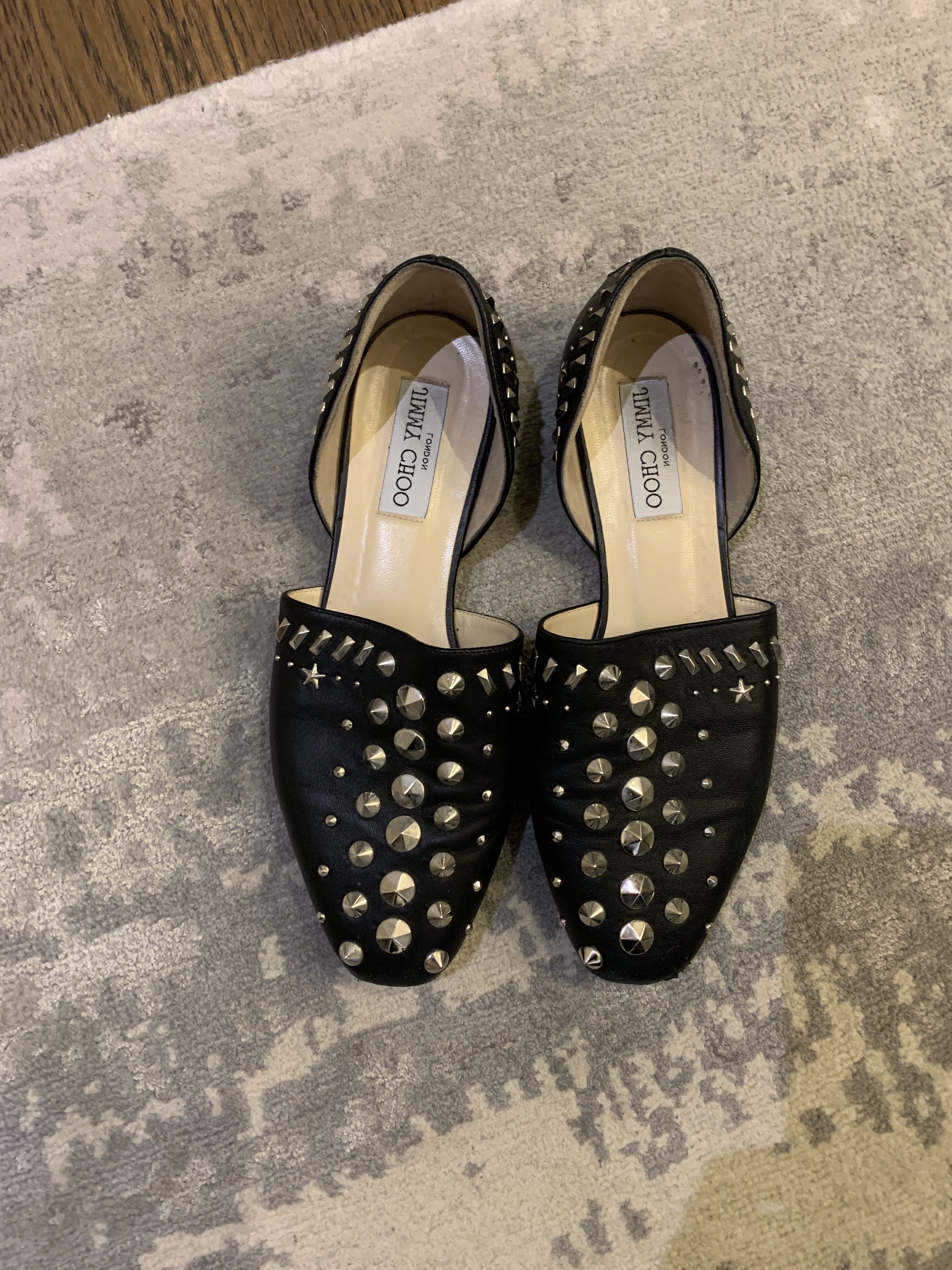What You Say To Yourself Really Matters
Self-talk has a major impact on who we are and also on who we become, whether the talk is good or bad. What we say to ourselves has a lot to do with our self-esteem, our self-confidence.
This truth hit home for me recently when I had the horrible accident with my middle right finger, an experience which taught me a lot about my character. See my blog of January 31, Drawing On Unknown Character Strengths.
Anyhow, to make a long story short, my finger was stuck in a garage door for about 20 minutes, putting my entire person under great duress. And all I could think when that door clamped down on my finger was how stupid I had been to use my hand to try to manually close the door.
What a weakening thought, which made me feel useless and hopeless, and certain that I would lose my finger all for being stupid, but thankfully, the good self-talk overrode and pushed the menacing thoughts back. It was an accident, the part of me who knew we needed strength to overcome, pointed out and from there, my confidence to survive the trauma with my finger intact rose greatly.
In our podcast, UIO: Your Confidence Inside Out Cheryl Grace stresses the importance of positive self-talk not only when in a pinch but also on an ongoing basis. To this end, she mentions encouraging herself daily with self-love while getting dressed.
I love this idea and though I am not disciplined enough to employ this tool every day, there are plenty of days when positive self-talk makes the difference in a good day or a bad one. For example, the other day when I had to get through some work that had lots to do with numbers (a budget for UIO), the negative self-talk got in there first (while I was getting dressed) and reminded me that I was really quite bad at budgeting, thus it was going to be a really horrible day. Why didn’t I just put it off for yet another day or not bother at all.
And just as I was giving in to the chiding, it suddenly occurred to me that though budgeting is not my thing, I am actually not that bad at it and I am married to an accountant who is more than willing to help out with the spreadsheets, the bit I really don’t like.
With this self-talk, I felt myself perk up and as I headed to my desk, I looked forward to getting the task off my plate, a very different feeling to dreading a task. It is done, though the spreadsheet is still hanging. Never mind.
Also, in the podcast Your Confidence Inside Out, Cheryl points out the importance of not saying things to yourself that you would not say to a friend. A great rule of thumb for self-talk indeed. If a friend had called me up and said my finger is stuck in a garage door, there is no way I would have called her stupid, even if I was thinking it. The point is the nurturer kicks in when it comes to being encouraging to others. This same nurturer needs to stay close to self at all times, on an ongoing basis, if you will.
So, the next time you get the urge to tell yourself how stupid you are or how unflattering you look, think again. And remember that your self-talk has the ability to inform your experience, your day, your life.
In UIO: On Personal Development, Robyn Spens points out the importance of not only believing that you are enough but telling yourself as often as you can.
This rule stands even when you are down. So instead of focusing on the downside, focus on the upside. As for me, though I am still going through a slow healing process, the upside is that I have my finger, which rightly or wrongly is tied to my confidence to do a lot of things—one of them is writing.
Thank goodness for positive self-talk. Check out our podcasts Your Confidence Inside Out and On Personal Development for more tips on the matter. Both podcasts are available wherever you listen to podcasts.









